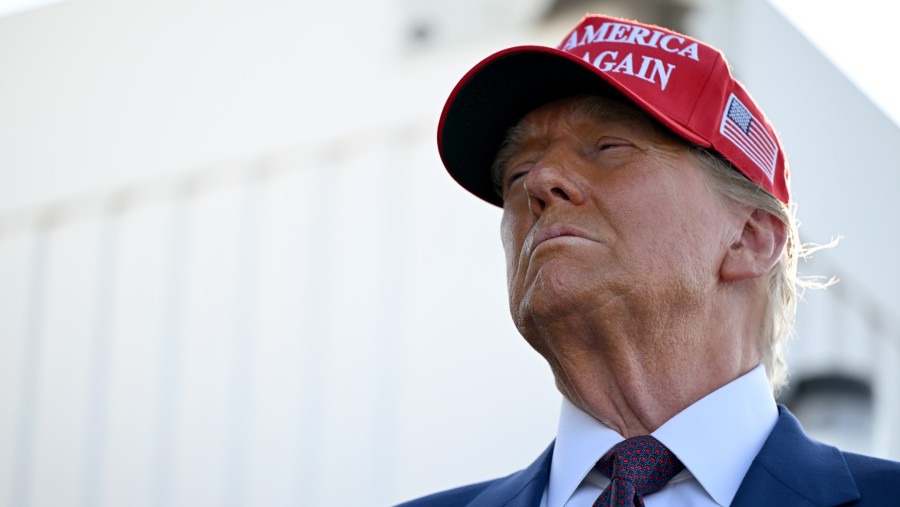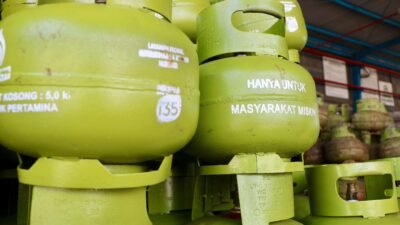Former U.S. President Donald Trump is once again making waves in the global trade arena. This time, it’s the automotive sector that’s feeling the turbulence. Known for his hardline stance on trade, Trump has unexpectedly revised tariffs on imported vehicles — a move that has left automakers, suppliers, and international partners questioning the consistency of U.S. trade policy. The automotive world is watching closely, wondering what comes next.
The Shift: Auto Tariffs Revised — Again
In a surprising announcement, Trump revised the tariff structure on imported cars and automotive parts, altering previously established trade terms. While his administration originally pushed for higher tariffs to protect American manufacturers, the recent revision introduces a more lenient framework for select international brands.
This abrupt shift is not the first of its kind. During his presidency, Trump frequently adjusted trade policies — especially targeting China, Mexico, and the European Union. However, this latest move contradicts his earlier promises of aggressive protectionism, creating confusion across the auto industry.
Industry Reaction: Frustration Over Inconsistency
Auto industry leaders have responded with growing concern. Manufacturers that had adjusted supply chains to meet the original tariff rules now face the costly task of recalibrating operations once again. Automakers, especially those with cross-border supply lines, are scrambling to reassess contracts, pricing, and production timelines.
Executives from major companies such as Ford, Toyota, and Volkswagen have called for more stability and transparency in U.S. trade policy. The inconsistency, they argue, creates an unpredictable business environment that discourages investment and hinders innovation.
Global Impact: Allies Left in the Dark
Trump’s revised auto tariffs also strain international relationships. European and Asian trade partners, many of whom had negotiated compromises under previous agreements, now find themselves unsure of where they stand. The reversal undermines ongoing efforts to establish fair and balanced trade deals, potentially opening the door for retaliation or stalled negotiations.
Moreover, countries that had invested in U.S.-based manufacturing facilities to avoid tariffs may now question the reliability of such strategies moving forward.
What Does This Mean for Consumers?
The ripple effect of tariff inconsistency may soon hit American consumers. When automakers face uncertainty, production costs often rise — and those costs typically get passed down to buyers. Car prices could increase, model availability may fluctuate, and dealerships might delay shipments or updates.
Furthermore, the U.S. risks losing its competitive edge in global auto innovation if manufacturers divert resources to more predictable markets.
Conclusion: Trade Needs a Steady Hand, Not Political Whim
Trump’s latest tariff revision adds yet another chapter to the ongoing saga of unpredictable trade policy. While his aim may be to support American industry, the lack of consistency poses a greater threat — one that could stall growth, hurt consumer confidence, and damage international trust.
For the auto industry to thrive, and for the U.S. to lead in manufacturing and innovation, a stable and transparent trade policy is essential. Anything less invites chaos — and confusion behind the wheel.













